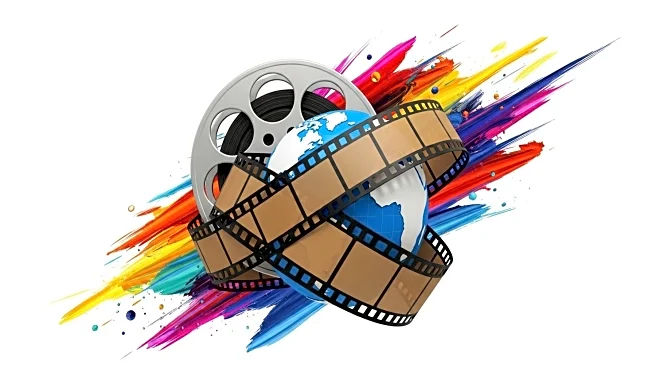What's Happening?
Israeli filmmakers are voicing concerns over international calls to boycott Israeli film institutions due to the ongoing Gaza war. Prominent figures such as Nadav Lapid and producer Eitan Mansuri have expressed that these boycotts are harming artists rather than policymakers. They argue that the boycotts silence voices advocating for democracy, liberalism, and peace. The filmmakers face censorship at home and rejection abroad, as international partners withdraw support due to reputational fears and political motives. Despite the support for petitions against Israel signed by industry figures, filmmakers fear these actions will have little impact on the war and further isolate the Israeli film community.
Why It's Important?
The international boycott of Israeli film institutions highlights the complex intersection of art and politics. It underscores the challenges faced by artists who oppose their government's policies but are perceived as complicit due to their nationality. The boycotts risk isolating voices that are critical of Israeli society and the conflict, potentially stifling dialogue and cultural exchange. This situation could lead to a reduction in international collaborations and funding, impacting the diversity and reach of Israeli cinema. The broader implications include a potential chilling effect on artistic expression and the role of cultural diplomacy in conflict resolution.
What's Next?
Israeli filmmakers may increasingly rely on local funding sources as international support diminishes. The film community might seek alternative ways to engage with international audiences and partners, possibly through digital platforms or grassroots initiatives. There could be increased advocacy for political sanctions against Israel, as filmmakers argue that formal sanctions might change perceptions and facilitate international collaborations. The ongoing debate may prompt discussions within the global film industry about the role of cultural boycotts and their effectiveness in influencing political change.
Beyond the Headlines
The boycott of Israeli filmmakers raises ethical questions about the role of art in political conflicts. It challenges the notion of collective responsibility and the impact of cultural sanctions on individual artists. The situation may lead to a reevaluation of how cultural institutions and festivals navigate political pressures and support artists in conflict zones. Long-term, this could influence the global film industry's approach to political activism and the protection of artistic freedom.









